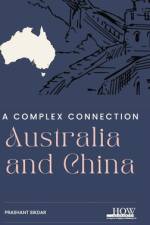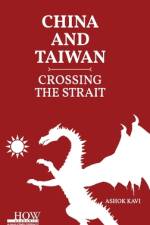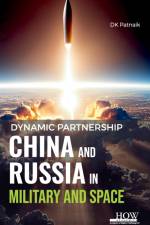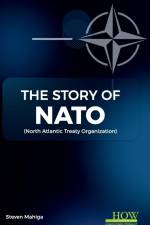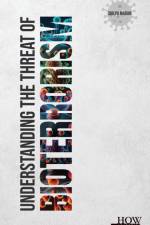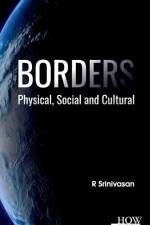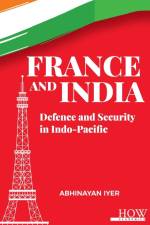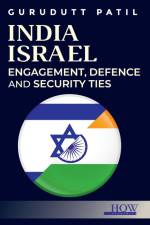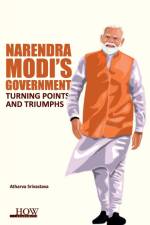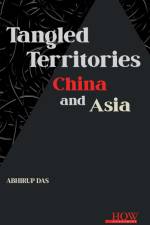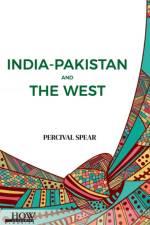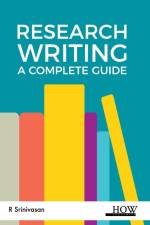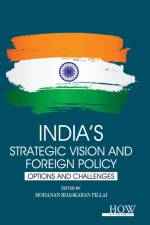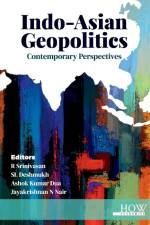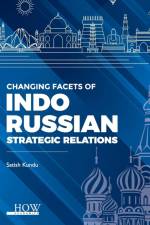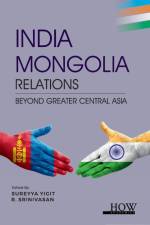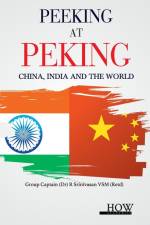av Puneet Jain
891
"Contemporary Trends and Challenges in Commerce" is an edited book that comprises research papers from experts in the field of commerce. The book is organized into six tracks, each of which focuses on a specific area of commerce: Finance and Accounts, Sales and Marketing, Trade and Economics, Human Resources, General Management, and Startups and Entrepreneurship. In the Finance and Accounts track, the authors explore various financial instruments, techniques, and practices that are relevant to contemporary commerce. The Sales and Marketing track delves into the intricacies of modern sales and marketing practices. The papers cover topics such as customer behavior, market research, branding, advertising, and social media marketing. In the Human Resources track, the authors delve into the management of human capital in contemporary commerce. They explore various HR practices, such as recruitment, selection, training, performance management, and compensation. The papers also discuss contemporary issues in HR management, such as diversity, inclusion, and workplace culture. The General Management track covers a broad range of topics relevant to general management, such as strategic planning, decision-making, leadership, and organizational behavior. The Trade and Economics track focuses on the broader economic context in which commerce operates. The authors analyze trends and challenges in international trade, globalization, economic policies, and regulations that impact businesses' operations. They also explore the role of technology in shaping trade and economic activity. Finally, in the Startups and Entrepreneurship track, the authors explore the challenges and opportunities that startups and entrepreneurs face in contemporary commerce. The papers cover topics such as innovation, business models, financing, and growth strategies. The authors provide insights into effective practices for starting and scaling successful businesses. Overall, "Contemporary Trends and Challenges in Commerce" provides a comprehensive overview of the latest trends and challenges in contemporary commerce. It is a valuable resource for researchers, practitioners, and students interested in the field of commerce.

